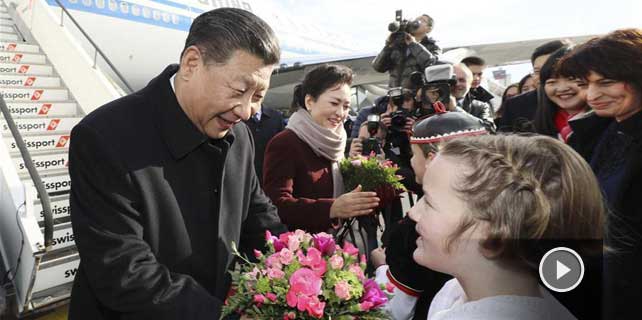Globalization needs champions to convince skeptics
The key message coming out of China’s globalization experience is its inclusive and people-centric character. Globalization cannot bring same benefits to all people at all time. There would be some losers from the process. The losers need to be provided alternative opportunities primarily through state-supported initiatives such as redeployment and re-skilling programs. Globalization will hardly be as inclusive as it should unless and until states are careful in managing its downsides. This is precisely where the West has failed.
The financial crisis of 2008 highlights massive regulatory failures in many major Western economies. The failures occurred as states turned blind eyes to the unchecked expansion of bank credit and asset mortgage. The regulatory failures were accompanied by institutional failures as the inability of institutions to predict and control the crisis became clear once it hit. The ineffectiveness of institutions became more evident with perpetrators of the crisis going mostly unpunished. It is hardly surprising that those who were badly affected by the crisis due to no faults of their feel let down by the leaders and elites championing globalization, drafting regulations and running institutions. It is these affected people that are strong supporters of the anti-globalization narrative.
President Xi Jinping’s presence at the WEF is expected to draw the world’s attention to the importance of globalization proceeding at a calibrated pace by accommodating people’s concerns. Businesses often get impatient and demand rapid change in policies. While globalization cannot advance without businesses, it cannot be inclusive and politically legitimate without effective participation of people. It is crucial for national leaderships to assess experiences of all sections influenced by globalization and respond appropriately. This might occasionally mean slowing the pace of global integration till people are more skilled and better equipped to adjust to globalization. Such policy foresight and wisdom are hallmarks of the ‘responsive and responsible leadership’ that the WEF would focus on.
The global business community is looking forward to China and President Xi Jinping for delivering a constructive message on globalization at Davos. China is the most prominent face of globalization at a time when a counter-narrative has become powerful in many parts of the world. China’s ability to emphasize the inclusiveness of globalization and convincing skeptics about its benefits would go a long way in determining whether the world will continue to globally integrate in an unobstructed fashion.
The author is a senior research fellow and research lead (Trade and Economic Policy) in the Institute of South Asian Studies at the National University of Singapore.
















